The soil of Dharwad is said to be special. It has produced stalwart musicians such as Sawai Gandharva, Pt. Bhimsen Joshi, Vidushi Gangubai Hangal, Pt. Mallikarjun Mansoor, Pt. Kumar Gandharva, and Pt. Basavraj Rajguru. Pt. Vinayak Torvi also has his roots in this region. It shows in his robust khayal singing and poignant rendition of light classical pieces.
Pt. Vinayak Torvi was born on September 4, 1948. His father Keertan Kesari Malhar Rao Torvi was a harikatha exponent. Vinayak initially trained under Gururao Deshpande in the gurukula system. He also learnt from Pt. Bhimsen Joshi. Vinayak did his Masters in Music from Karnatak University, Dharwad, where he trained under Pt. Mallikarjun Mansur, Pt. Basavraj Rajguru and Gangubai Hangal. Having imbibed precious lessons from the best in the field, Pt. Vinayak has been sharing this treasure with several of his disciples.
To celebrate their guru’s 75th birthday, his sishyas, along with some music-lovers, recently organised an Amrit Mahotsav at the India International Centre in Delhi. It featured Pt. Nayan Ghosh and Pt. Vinayak Torvi’s disciple Dattatreya Velankar. This event was the last in the series of concerts organised in Pune, Mumbai, Dharwad, Varanasi, San Francisco and Bengaluru.
In an interview before the Delhi celebration, Pt. Vinayak Torvi spoke about how the musical mitti (mud) of Dharwad has shaped him, and given his life an identity and purpose.
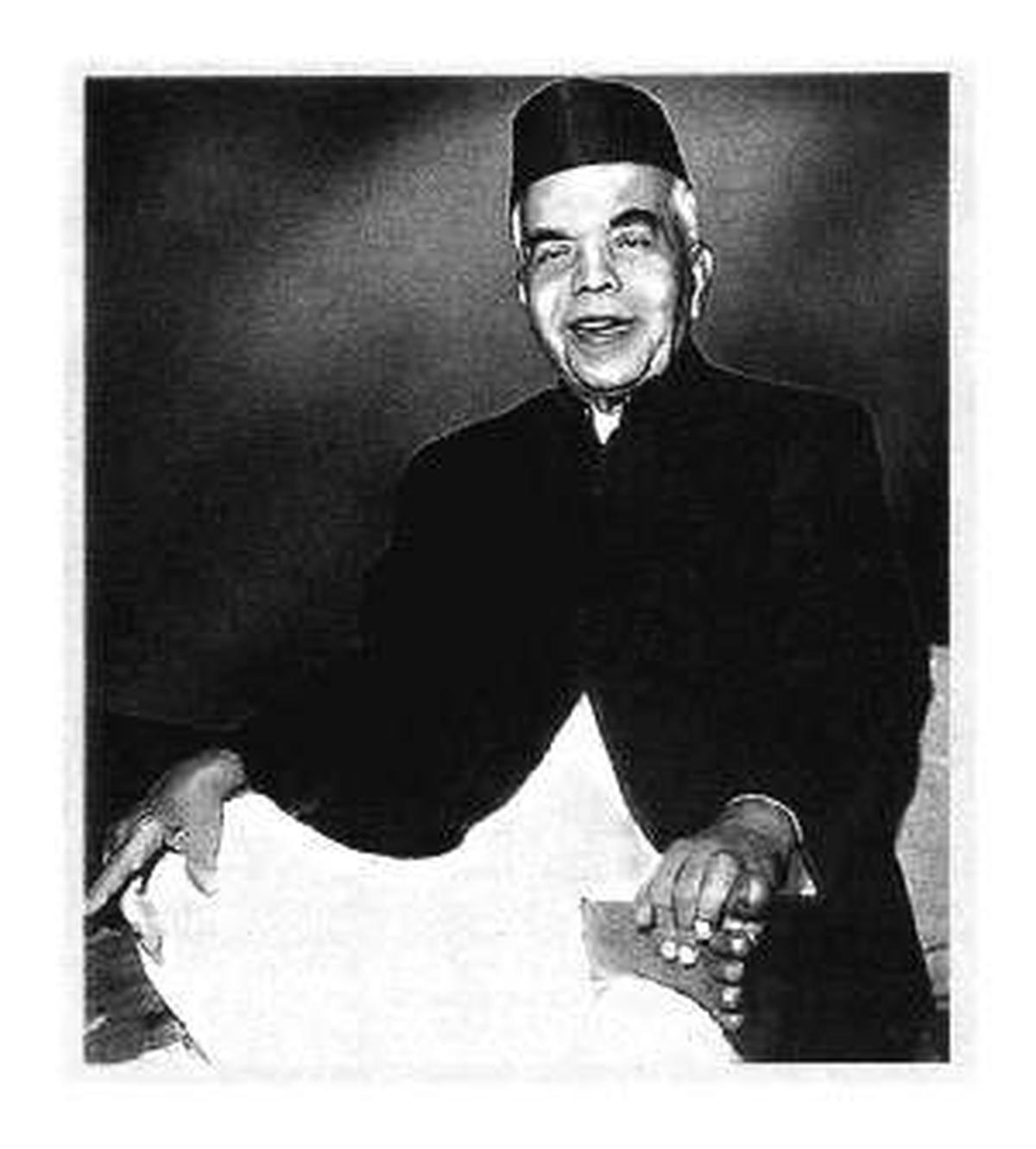
Gururao Deshpande, Pt. Vinayak Torvi’s guru.
| Photo Credit:
Special Arrangement
Question: How did your harikatha vidwan-father inspire your musical journey?
Answer: I was lucky to have been born into the family of a keertankar and to learn the intricacies of the art form from my father. The initiation into keertan-singing helped me in my shastriya sangeet training. Many raag-raginis have originated from the keertan tradition, which encompasses the Ashta-Pilu (singing, instrument playing, dance, drama, bhava, laya, layakari, and tarana). It is said that in Gwalior gharana, classical music aspirants were first taught keertan, irrespective of their caste or religion.
Q:Your gurus, Gururao Deshpande, belonged to Gwalior gharana, while Pt. Bhimsen Joshi to the Kirana gharana. How did you cope with the difference as a young student?
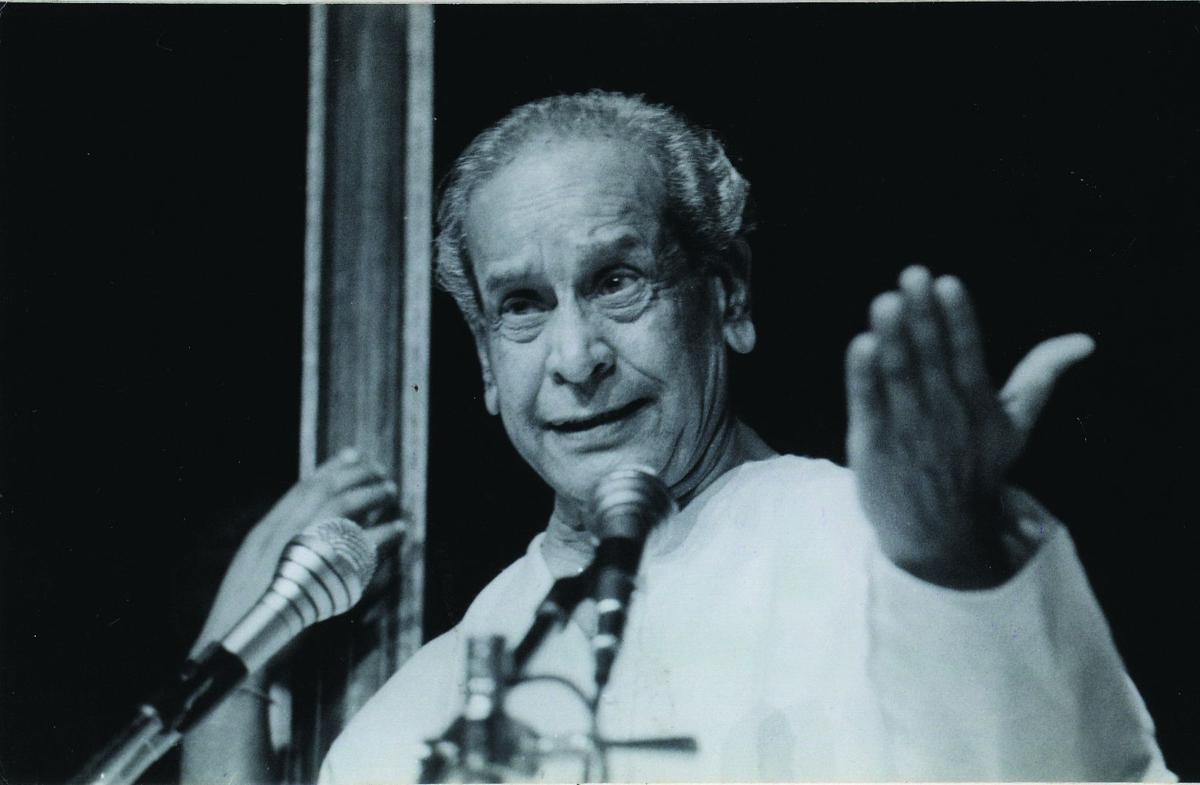
Pt. Bhimsen Joshi, under whom Pt. Vinayak learnt the Kirana gharana gayaki.
| Photo Credit:
The Hindu Archives
A: The Gwalior gharana is the fountainhead of all the gharanas. It has the innate ability to absorb and incorporate the finest attributes of other gharanas including the Kirana gharana. I was fortunate to learn under two gurus without much difficulty, as Pt. Bhimsen Joshi was closely associated with Gururao Deshpande, who in turn was closely associated with Ustad Abdul Karim Khan, the crown jewel of Kirana gharana. He used to lend vocal support to Khan Saheb during his concerts. That is how the Kirana gharana gayaki had influenced Gururao’s singing.
Q:Your music also shows the influence of Jaipur and Agra gharanas.
A: My guru Gururao Deshpande was an admirer of Ustad Faiyaz Khan of Agra Gharana, and a close associate of Kesarbai Kerkar, the doyenne of Jaipur gharana. So his brilliant mind imbibed the beautiful aspects of the both the gharanas. When training under him, I was fortunate to experience it all and get the essence into my singing.
Q:Pt. Mallikarjun Mansoor, Pt. Basavaraj Rajguru and vidushi Gangubai Hangal taught at Karnatak University? How did it feel to be mentored by so many stalwarts? Did it confuse you at some point?
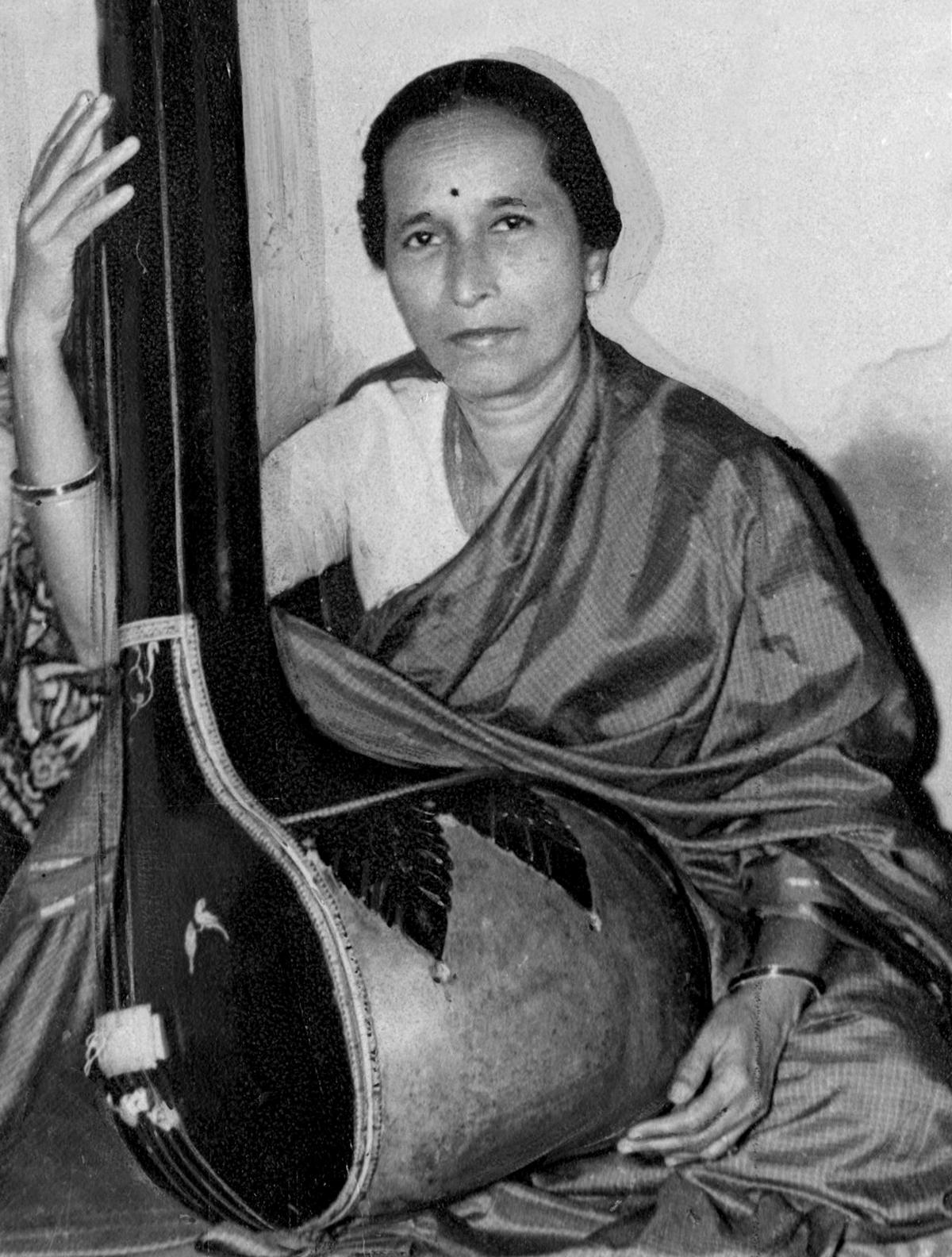
Gangubai Hangal
| Photo Credit:
THE HINDU ARCHIVES
A: There was no question of getting confused. They helped me fine-tune my music.
Q:Apart from abhangs and bhajans, you also sing vachanas and devarnamas in your concerts.
A: I was inspired by Pt. Bhimsen Joshi’s style of singing the lighter pieces. I learned vachanas from Mansur ji and Basavaraj ji. In a concert, you have different categories of listeners, and an artiste should try to fulfill all their expectations.
Q:How would you define your gayaki?
A: I consider aalap as the soul of my concert; laya and layakari as the brain, and voice as the connecting link. I can adapt my voice to suit the style of different gharanas. This has helped me to reach my music to more rasikas.
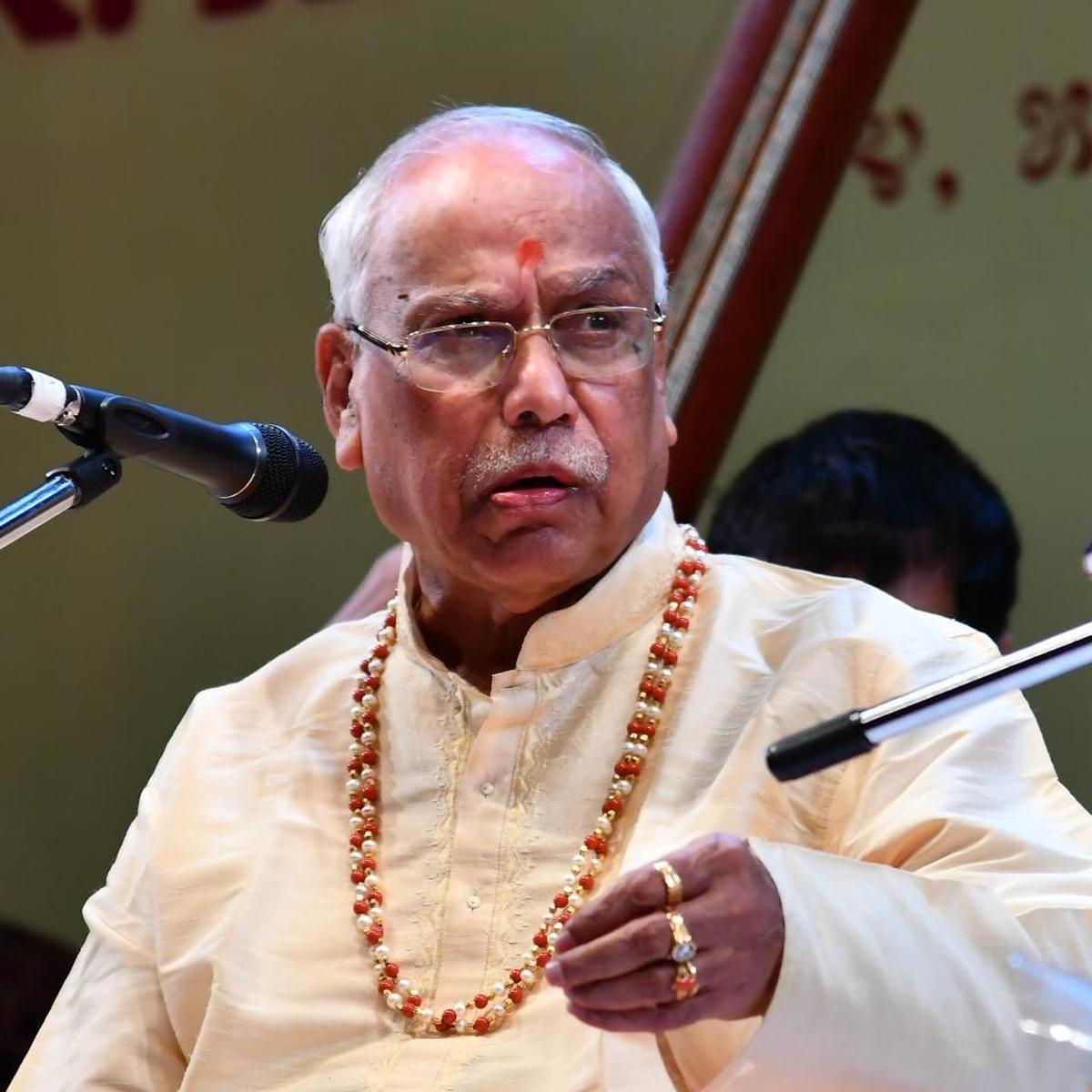
Pt. Vinayak Torvi at a concert.
| Photo Credit:
Photo courtesy: Dhananjay Hegde.
The intelligence of an artiste lies in choosing raags that complement each other. Apart from training under an able guru, dedicated riyaaz and hard work, an artiste should have the skill to tailor the concert befitting the occasion. My philosophy is to sing to the best of my ability within the allotted time, regardless of the size of the audience. I believe in interacting with the audience. Besides, being a guru has benefitted me in my musical journey as I learn many new things while I teach!
Published – September 20, 2024 11:52 am IST

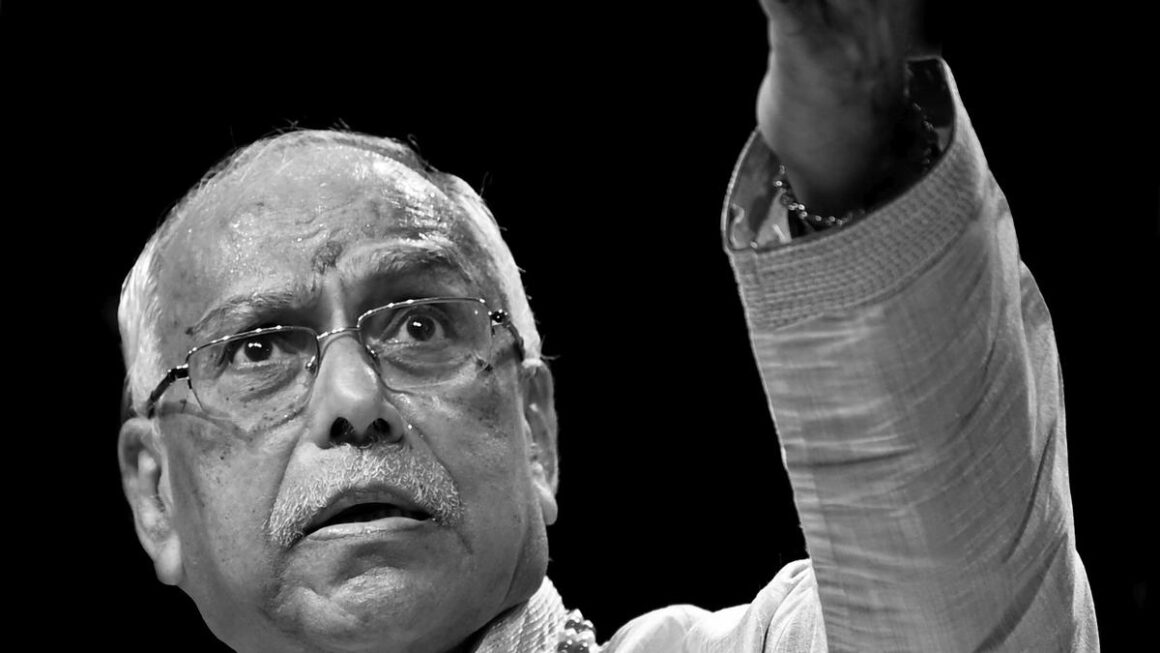
Leave a Reply